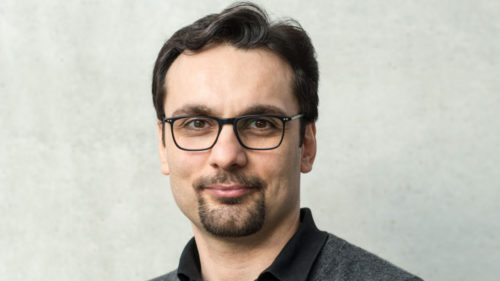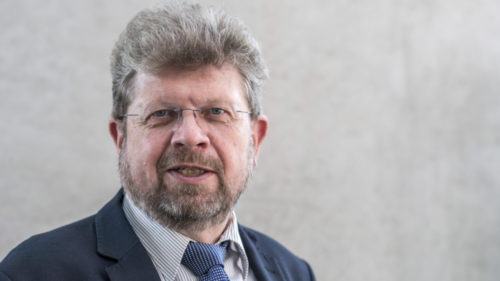Key Insights into Bone Marrow Plasma Cells and Long-Lasting Immunity
May 17, 2024. A groundbreaking study conducted by researchers from the German Rheumatology Research Centre Berlin, an institute of the Leibniz Association, and the Charité – Universitätsmedizin Berlin has shed new light on how cytokines, in particular interleukin 21(IL-21), shape long lasting humoral immunity following vaccination. Published in Nature Communications, the study elucidates how various immune responses impact the recruitment and maintenance of memory plasma cells in the bone marrow. These cells are crucial for secreting protective antibodies and sustaining humoral immunity throughout a lifetime.
Researchers from the labs led by Thomas Dörner, Andreas Radbruch, and Mir-Farzin Mashreghi, reveal the heterogeneity of human bone marrow plasma cells (BMPCs) and their origins from various immune reactions. By analyzing single-cell transcriptomes from individuals vaccinated against SARS-CoV-2 and the triple vaccine against diphtheria, tetanus, and pertussis (DTaP), the team uncovered distinct pathways through which plasma cells are recruited to the bone marrow. The study categorizes BMPCs into different “clans” based on their transcriptional profiles, presuming that these cells reflect the specific signals they received during their activation in the tissue.
Dr. Mir-Farzin Mashreghi, the corresponding author of the study, highlighted the importance of these findings: “Understanding the mechanisms behind the recruitment and maintenance of plasma cells in the bone marrow is crucial for improving vaccine strategies and developing therapies for immune-related diseases, including chronic inflammatory diseases such as systemic lupus erythematosus.”
IL-21 plays a crucial role in the formation of bone marrow plasma cells. Cells formed in IL-21-dependent follicular germinal centers have low CD19 expression, while those from IL-21-independent extrafollicular reactions have high CD19 levels. Primary immune responses produce both CD19low and CD19high BMPCs, but secondary responses mainly create CD19high cells from reactivated memory B cells in extrafollicular sites. This finding is important for understanding how long-term immunity is maintained and how previous immune responses can impact the effectiveness of future vaccinations. The rapid extrafollicular immune responses in tissues, like the bone marrow itself, are especially crucial for responding to emerging variants quickly. This research could help optimize vaccination strategies for better long-term protection.
Dr. Marta Ferreira Gomes and Dr. Pawel Durek, two of the three first authors of the manuscript, developed a novel method, which they called “digital sorting”, to identify antigen-specific plasma cells. These cells are notoriously difficult to recognize due to the lack of expression of the B cell receptor (BCR) on their surface. The researchers overcame this challenge by combining the enrichment of antigen-specific memory B cells isolated from individuals vaccinated with different vaccines against SARS-CoV2 and DTaP with single-cell RNA sequencing analysis of their BCRs. In a second step, they used the information obtained to digitally detect unique antibody gene sequences that effectively identify the SARS-CoV-2 and tetanus-specific plasma cells from unrelated donors.
The study’s insights are not only relevant in the context of the COVID-19 pandemic, they also provide a deeper understanding of how long-lasting immunity is established following vaccination. The presence of specific memory plasma cells in the bone marrow, which can confer protection against severe infectious diseases for decades, underscores the lasting impact of effective vaccines.




 Deutsch
Deutsch
